Pregnancy is often described as one of life’s most joyous milestones. However, for Josie, it became a journey of navigating love, heartbreak, and resilience. Her miscarriage story is raw and deeply personal.
It reveals the complexities of early pregnancy, particularly when things don’t go as planned.
Josie’s experience highlights the emotional toll of miscarriage and the strength it takes to find healing.
In February 2024, Josie and her husband decided they were ready to grow their family.
Their first baby, a healthy and vibrant little girl, had brought immense joy into their lives, and they were eager to give her a sibling.
They had conceived quickly with their daughter, so Josie anticipated a similar timeline this time.
However, as month after month passed without a positive test, the hope of a normal pregnancy faded into frustration.
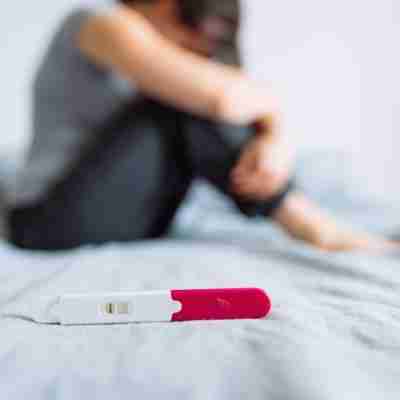
A Positive Test: The Beginnings of a Health Pregnancy?
By July, Josie finally saw the positive test she had been hoping for, but the timing brought mixed emotions.
Their marriage was under strain, with both she and her husband working through personal challenges while trying to reconnect amidst the demands of daily life.
“I couldn’t help but think, why now? Of all times, why now?” Josie shared.
The pregnancy became both a beacon of hope and a reminder of the cracks in their relationship.
To make matters more complicated, Josie had recently started a new job.
She was adjusting to her role, managing school, and raising her toddler daughter, all while trying to maintain her mental health.
“I’d just started training, and then suddenly, I was nauseous every morning,” she said. “It felt like I had so much on my shoulders—too much.”
Pregnancy symptoms like nausea and fatigue, common during the first trimester, added to the stress.
Balancing Hope and Overwhelm: Navigating the Challenges of Early Pregnancy
Josie’s mental health had always been something she managed proactively, but pregnancy added a layer of complexity.
Stress, combined with the hormonal changes of early pregnancy, began to take its toll.
She reached out to her doctor for help, adjusting her medications and seeking ways to cope.
But as the weight of work, family, and her pregnancy mounted, Josie realized she needed to make a difficult decision: to step away from her job to focus on her health and her family.
“The stress wasn’t good for me or the baby,” she explained.
At home, things were equally hectic. Josie’s sisters were temporarily staying with her family, and while she loved having them close, the crowded apartment amplified her stress.
Eventually, with her mother’s support, they moved out, allowing Josie to reclaim space for her growing family.
She began setting up the nursery, imagining her daughter sharing the room with her new sibling.
Plans for baby showers and gender reveals were underway, and despite the chaos, Josie allowed herself to feel excited.
But life had other plans.
A Heartbreaking Diagnosis: When Pregnancy Doesn’t Develop Properly
At her first ultrasound, Josie expected to see her unborn baby and hear its heartbeat.
Instead, the appointment revealed that the fetus was measuring behind schedule—what should have been an eight-week pregnancy appeared closer to six weeks.
Her OB-GYN explained that this might simply mean Josie ovulated late, but the news left her feeling anxious.
She was asked to return in a few days to confirm whether the pregnancy was progressing.
“I remember zoning out during the conversation,” Josie said. “The doctor handed me a pamphlet about miscarriage support groups, and I just kept thinking, ‘Why are we even having this conversation? This can’t be real.’”
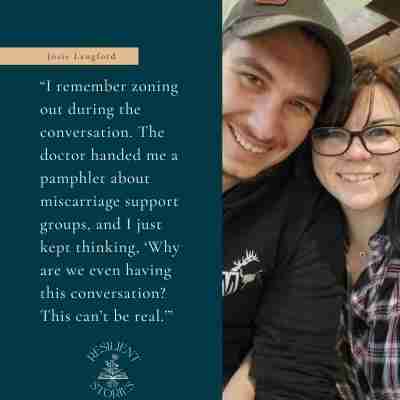
The second ultrasound, conducted just days later, confirmed Josie’s fears.
The fetus had not grown. This condition, often referred to as a missed miscarriage, occurs when the fetus dies but the pregnancy tissue remains in the uterus, preventing the body from recognizing the loss.
“I literally felt my heart breaking,” Josie recalled. “It’s only happened a few times in my life, but that moment was one of them.”
The Emotional Toll of Early Pregnancy Loss
Miscarriages happen more often than many realize—about half of pregnancies end in miscarriage, often before the woman even realizes she’s pregnant.
Early pregnancy loss is a devastating reality for many women, and Josie’s experience was no exception.
This wasn’t her first miscarriage; she had experienced one as a teenager, but this time felt different.
She was older, with a deeper understanding of motherhood and a clear vision for her family’s future.
The loss brought up old wounds, forcing Josie to confront feelings she had buried for years.
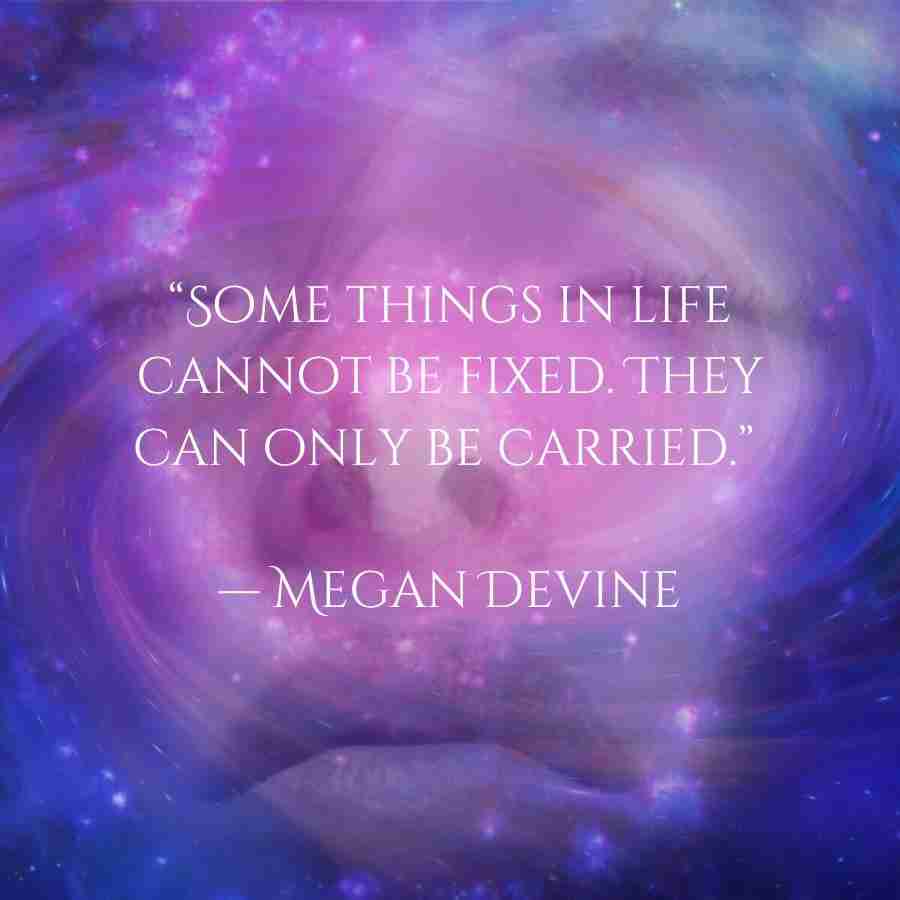
“It was like ripping off a Band-Aid,” she said. “But it allowed us to process things together as a family and heal in ways we hadn’t before.”
Grieving the loss was complicated by the logistical challenges of receiving care. Josie found herself repeatedly calling doctors’ offices, trying to figure out her next steps.
She felt like she was being passed from person to person, her grief magnified by the lack of clear guidance.
“I kept saying, ‘I’ve lost my baby. What do I do now?’ And I felt like no one was listening.”
Finally, Josie connected with a compassionate doctor who scheduled her procedure to remove the pregnancy tissue, even going so far as to work on her day off.
It was a small but meaningful act of kindness during an otherwise isolating experience.
Sadly, early pregnancy loss, recurrent pregnancy loss, and infertility issues are often dealt with in a kind of silent shame.
Confronting Old Wounds: Finding Strength in Vulnerability
Josie’s mental health took a significant hit in the aftermath of her miscarriage.
At one point, she found herself at the ER for a psychiatric evaluation after reaching a breaking point.
“I realized I needed to stop stuffing my feelings down,” she said.
Crying, grieving, and sharing her truth became essential parts of her emotional healing.
Despite the pain, Josie found strength in being vulnerable.
She opened up to her family about her first miscarriage story, something she had kept private for years.
“It was like a weight had been lifted,” she said. “Talking about it brought us closer together.”
Choosing Hope After Pregnancy Loss
Looking ahead, Josie remains hopeful about growing her family.

Many women who experience early miscarriage have successful pregnancies, and Josie is determined to try again when the time feels right.
“I’m living a great life,” she said. “But I still have moments where I grieve what I’ve gone through. And that’s okay.”
Josie has embraced gratitude and mindfulness as tools for healing, finding joy in the present while keeping hope alive for the future.
She’s also committed to raising awareness about pregnancy loss, sharing her story so others don’t feel as alone.
Miscarriage, often referred to as a spontaneous abortion in medical terminology, is a deeply personal experience.
For Josie, it’s been a learning journey to hold space for grief and gratitude.
Her story is a reminder that healing isn’t linear—it’s messy, complicated, and unique to each person.
Feel free to share your miscarriage story or words of comfort in the comment section below.

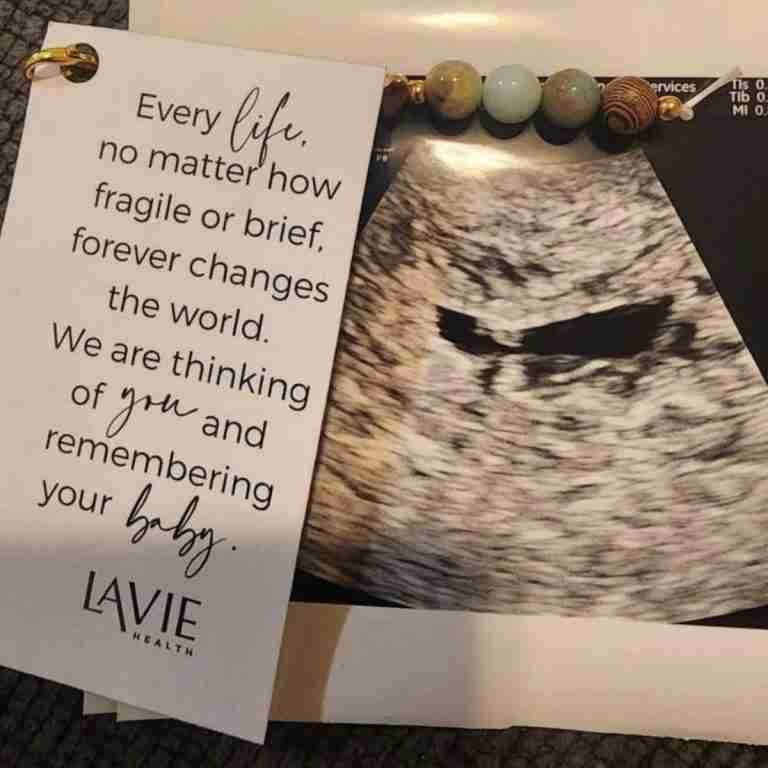
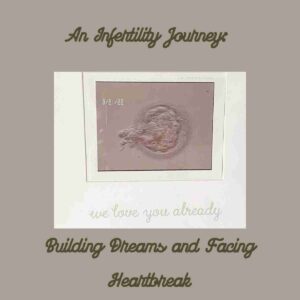

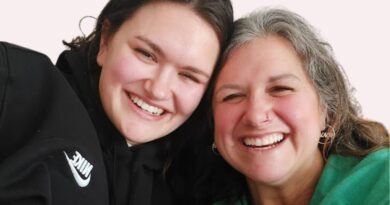
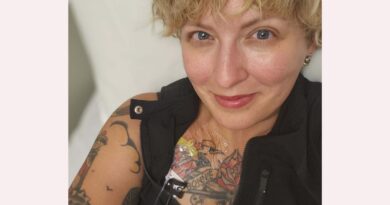
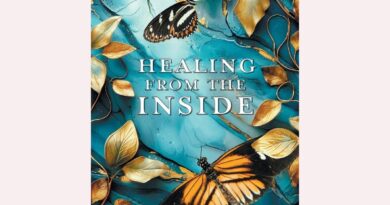
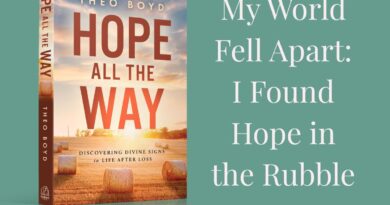
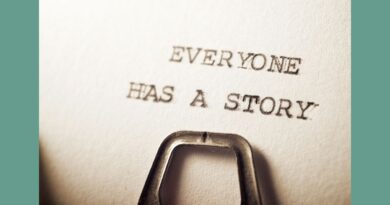










0 Comments